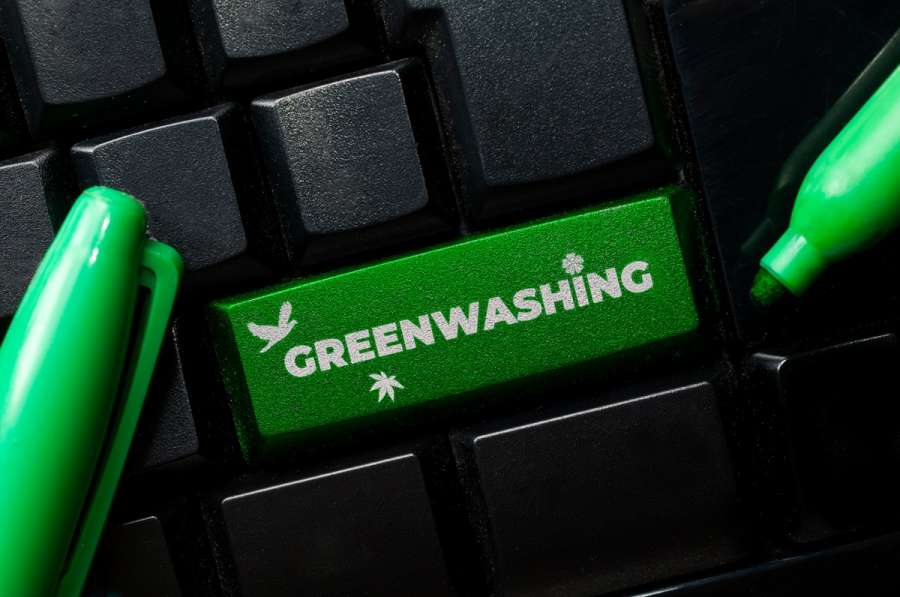Greenwashing is not currently defined in UK legislation or regulated in its own right.
Rather, the rules generally applicable to advertising claims govern environmental claims – these include the Consumer Protection from Unfair Trading Regulations 2008 (for businesses marketing to consumers) and the Business Protection from Misleading Marketing Regulations 2008 (for those businesses, like most manufacturers, whose customers are other businesses, and for any business which undertakes comparative marketing).
Public bodies such as Trading Standards, the Advertising Standards Agency (ASA), and the Competition and Markets Authority (CMA) can enforce these and other regulations relevant to marketing and advertising.
In 2021, the CMA published the Green Claims Code and made associated guidance, including a helpful checklist, available online.
While the code and guidance focus on consumer marketing, they are nevertheless helpful for businesses at all levels of the supply chain since they provide practical guidance on avoiding allegations of greenwashing and give an indication of the approach the regulators may take to assessing whether a business's conduct has been culpable.
Equally, even where the manufacturer's immediate customer may not be a consumer, the retailers who eventually supply the products to end users may rely on and relay to consumers the claims made by the manufacturer about the environmental impact of the production process.
So, it is important for the manufacturer to provide information which will not put the retailer in breach.






